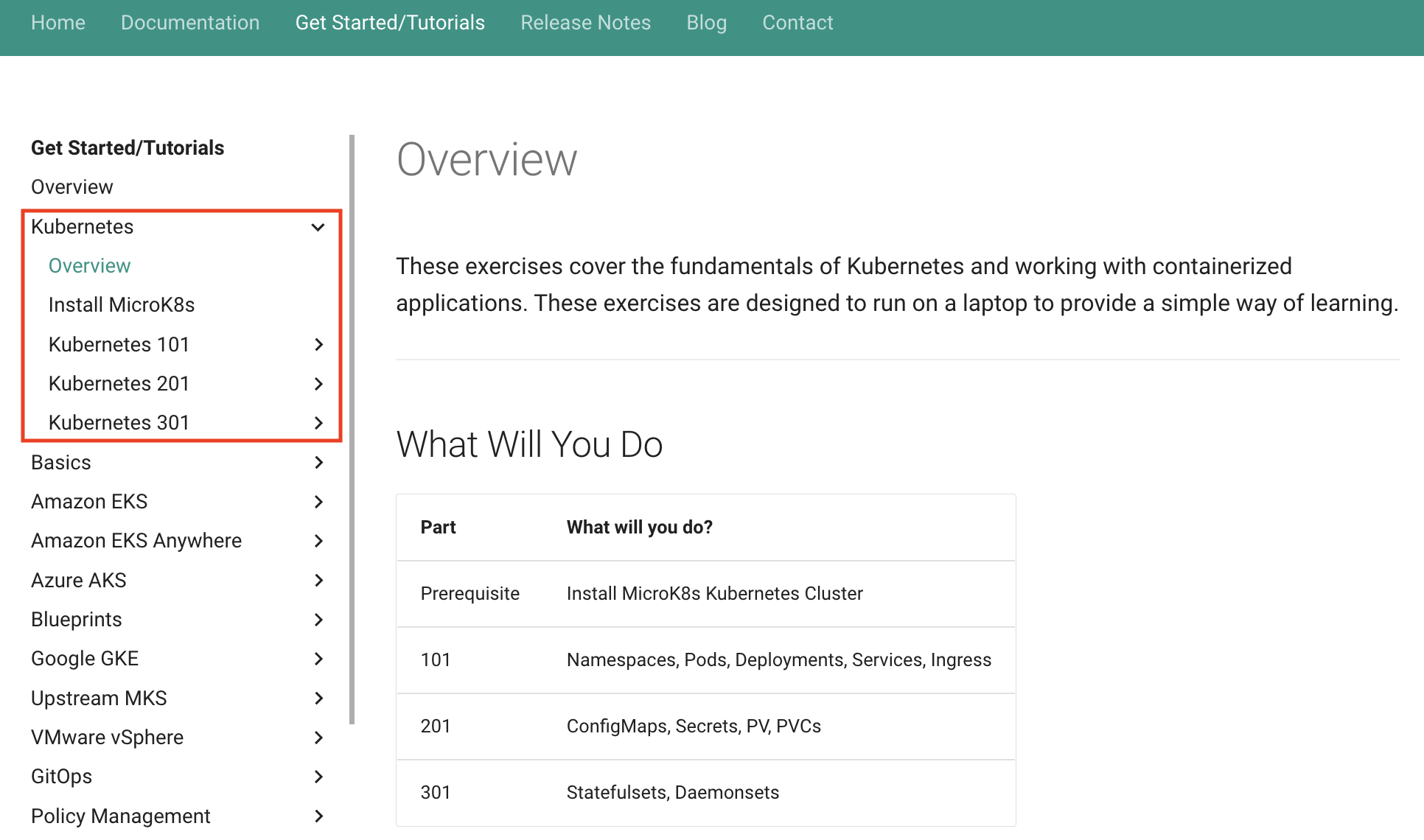Considerations for Windows Containers on Kubernetes
With increasing adoption of Kubernetes in organizations, we are seeing interest from a number of customers that would like to deploy and operate their "legacy Windows applications" on Kubernetes as well.
In this blog, we have attempted to capture our learnings from working with customers that use the Rafay Kubernetes Operations Platform to deploy and operate Kubernetes clusters with Windows based containerized applications.






